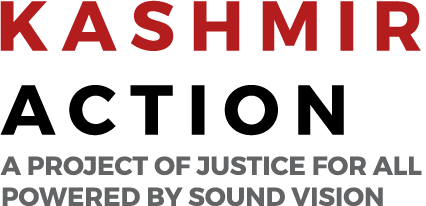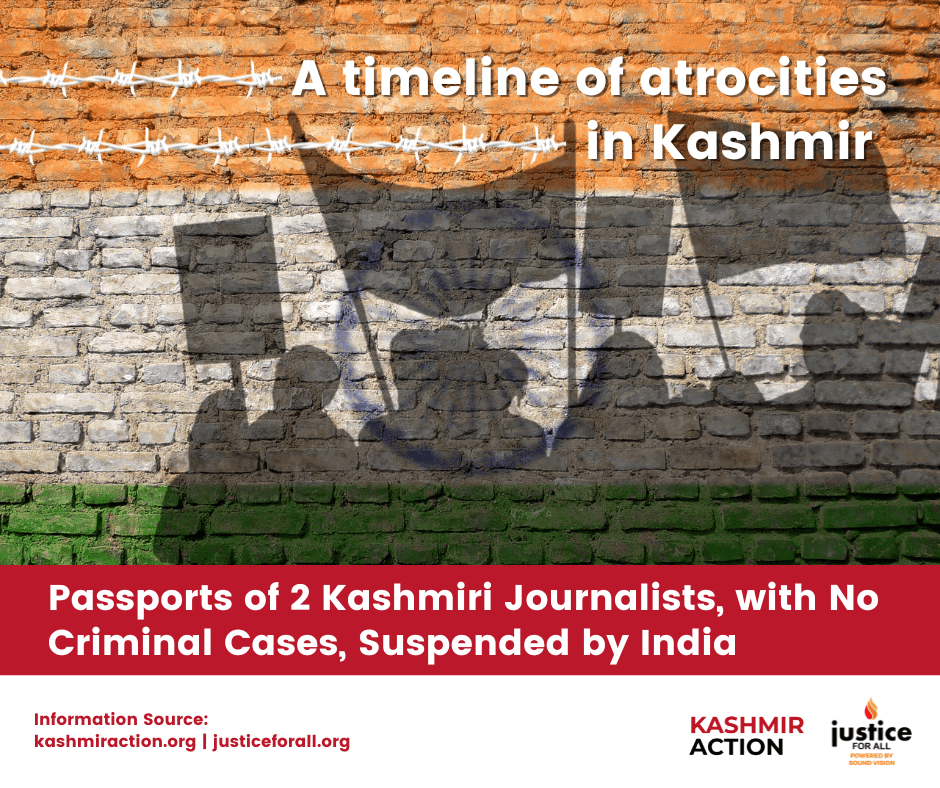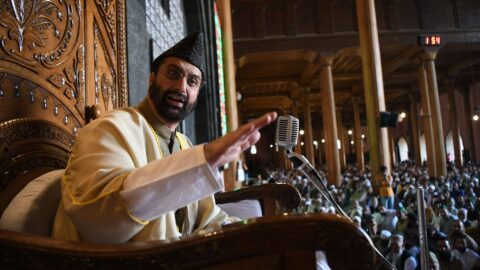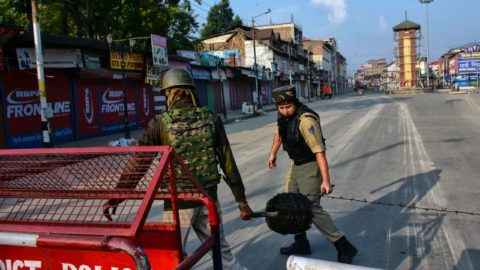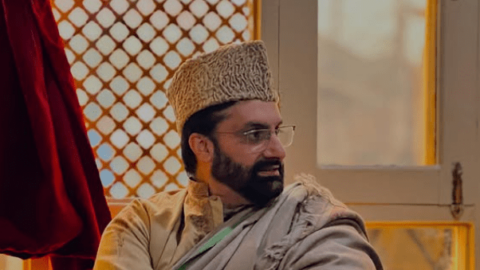On December 27th, Mirwaiz Muhammad Umar Farooq, was barred from leaving his house to lead…
Passports of 2 Kashmiri Journalists, with No Criminal Cases, Suspended by India
On 1st August, in a story by The Wire, it was reported that India suspended the passports of Kashmiri journalists and at least one political activist in Kashmir, terming them “security threats to India”.
Citing section 10(3) of The Passports Act, 1967, the Regional Passport Office in Srinagar has conveyed notices to at least two journalists and a political activist, informing them that their passports have been suspended.
Section 10(3) enables India to impound or suspend the passport of an Indian citizen in case it “deems it necessary so to do in the interests of the sovereignty and integrity of India, the security of India, friendly relations of India with any foreign country, or in the interests of the general public.” For long, India has labeled any activism for Kashmiri right to self-determination, human rights or free press work as being “against the interests of the sovereignty and integrity of India”.
The report by The Wire also mentions that the email, which has been sent out from passport.admin@passportindia.gov.in, directs these Kashmiris to contact the Srinagar passport office, and in case they fail to make the contact, they have been threatened with action and serious consequences.
We have been informed by the sources in the valley that a list of more than 100 people has been prepared by the Indian government, which includes journalists, lawyers, human rights activists, politicians and scholars, whose work has been perceived as “anti-national” by the government. Their passports are also going to be impounded in a similar fashion expectedly.
Another strategy which has been used by India has been denying renewal of expiring passports to Kashmiris living abroad who the state views as “anti-national” dissidents. This leaves these Kashmiris in a condition of great insecurity, with the threat of deportation, or even exile as returning may mean detentions or interrogation by the Indian state.
In the past, India has also denied the right to movement to journalists, who despite carrying a valid passport and visa, were not allowed to travel abroad for the purpose of studying or taking part in a conference. For example, this year, Sanna Irshad Mattoo, a Srinagar-based photojournalist and a Magnum Foundation fellow, was prevented from flying to the US by immigration authorities at New Delhi’s Indira Gandhi International Airport.
A Kashmiri student studying abroad, speaking to us on the condition of anonymity, informed us that his passport has expired and after he applied for renewal in the local Indian embassy in the country where he is currently living, the verification came negative and his passport renewal was denied. He fears that if he returns home, he will be detained, and if he does not return, the host country may deport him. All of his family resides in Kashmir. He was not informed about the grounds as to why the verification was negative.
India has ratified the 1966 International Covenant on Civil and Political Rights. According to Article 12 of the Covenant, everyone has the right to leave any country, including their own. This right to travel is also included in Article 21 of the Indian Constitution. However, when it comes to Kashmiris, all norms and laws are suspended in the name of exception.
